Question And Answer
Publications
Articles, publications, books, tools and multimedia features from the U.S. Institute of Peace provide the latest news, analysis, research findings, practitioner guides and reports, all related to the conflict zones and issues that are at the center of the Institute’s work to prevent and reduce violent conflict.
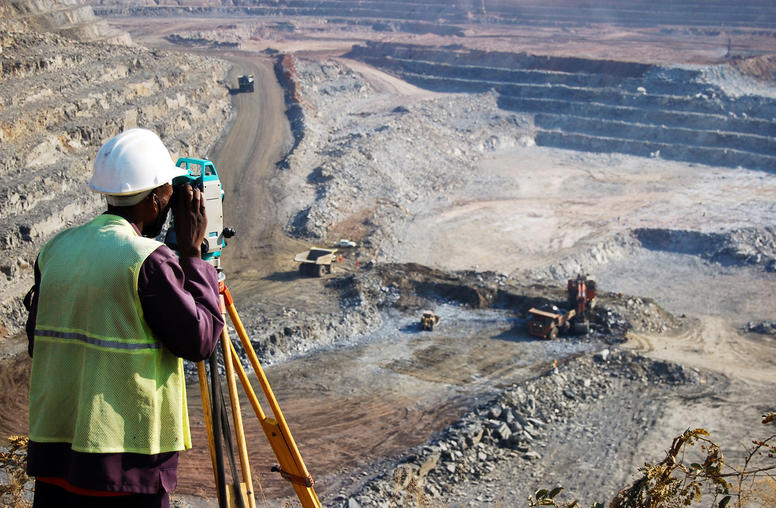
Critical Minerals in Africa: Strengthening Security, Supporting Development, and Reducing Conflict amid Geopolitical Competition
The United States Institute of Peace convened a senior study group to explore the role Africa plays in the United States’ efforts to diversify US critical mineral supply chains and how new investment in partnerships with African countries could help drive economic development and strengthen peace and security on the African continent. Based on meetings and interviews with relevant technical, operational, and policy experts, the study group developed multiple recommendations for the United States to support mutually beneficial public and private partnerships with African nations.
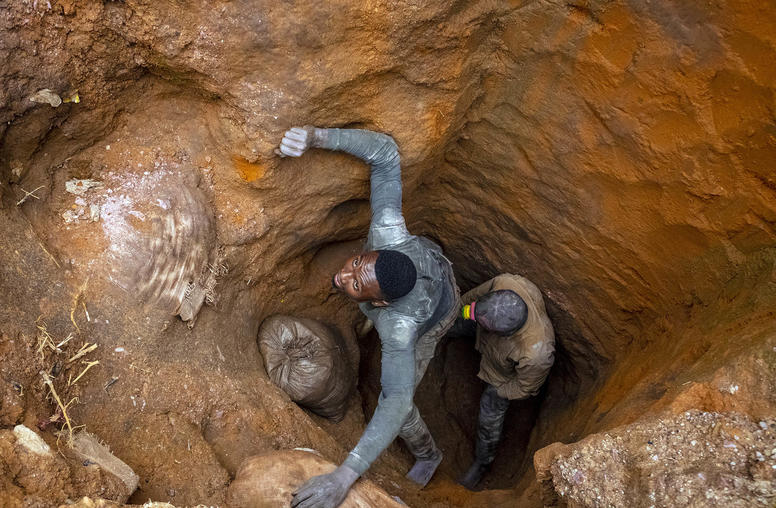
Why Africa’s Critical Minerals Are Key to U.S. National Security
A new USIP report emphasizes the importance of the United States government being engaged in the African critical minerals sector if it is to diminish its dependence on China and fortify its national security and foreign policy interests.
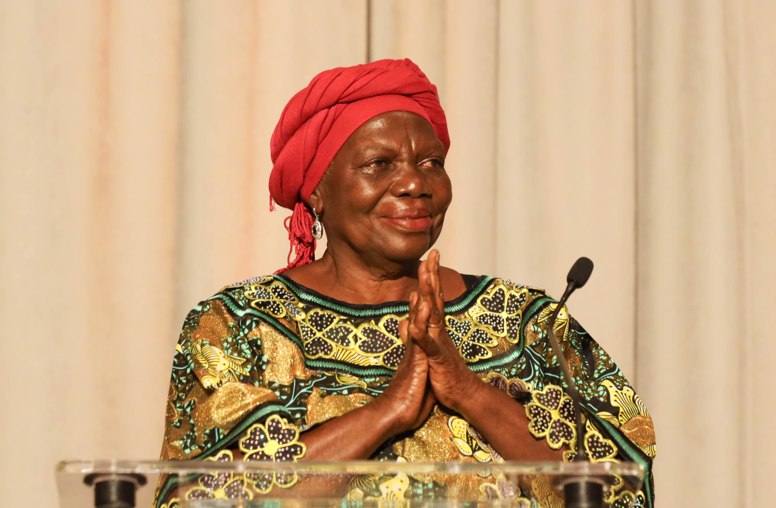
In Congo, Peace Means a Halt to ‘Brutal, Illegal Mining’
Pétronille Vaweka, a Congolese grandmother, has mediated local peace accords in her homeland’s wars. But now, she says, one of Africa’s longest, bloodiest conflicts can be solved only if the United States and other democracies “will wake up” to protect their own economic and security interests.
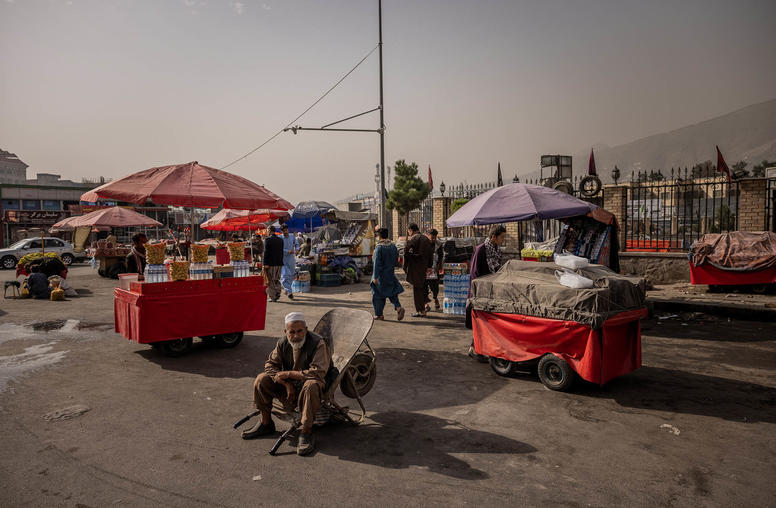
Afghanistan’s Economy Once Again Nears the Precipice
More than two years into Taliban rule, Afghanistan remains one of the poorest countries in the world with some of the highest humanitarian needs. The situation has shown some signs of stabilizing over the last year — but many Afghan households are still struggling to procure basic needs, and many women have been driven from the workforce altogether. Unfortunately, financial troubles loom ahead, and the already beleaguered Afghan economy is now projected to decline. Combined with population growth and the influx of thousands of Afghans forced to return from neighboring Pakistan, this is a recipe for increased humanitarian need over the longer term in the absence of major structural and political reforms.
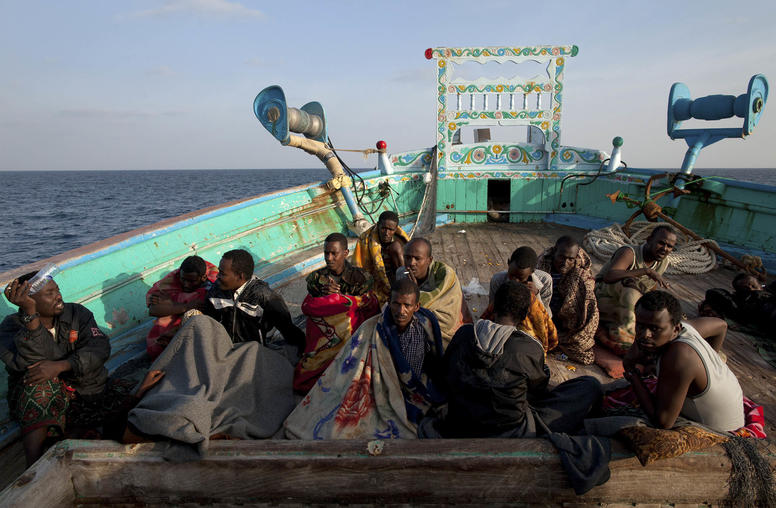
In a Multipolar World, the Private Sector Can Be a Force for Peace
As the world transitions to a more multipolar, competitive landscape, this is an important moment to take stock of the role of the private sector, particularly multinational enterprises, in the genesis and resolution of armed conflict. Today, the world’s biggest corporations are wealthier than many nations and the private sector is playing an increasingly important role in geopolitics. At the same time, we are seeing a rise in violence and conflict that threatens to pose major risks to business around the world.
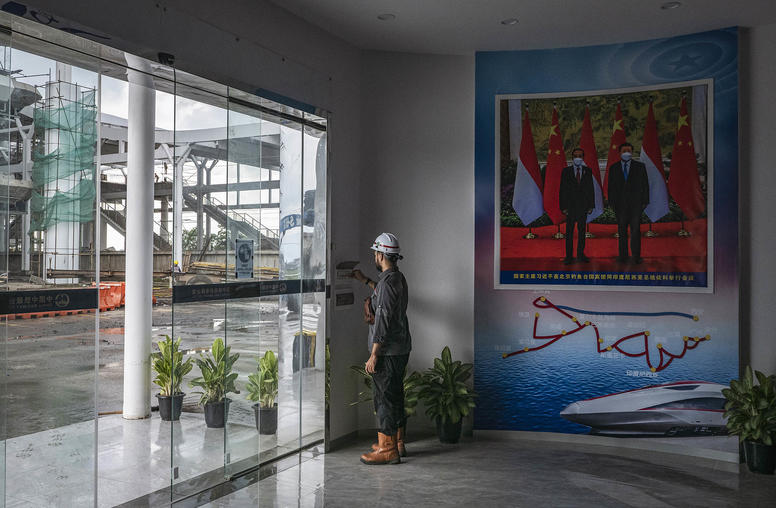
Why China is Rebooting the Belt and Road Initiative
World leaders gathered in China last week for the third forum on the Belt and Road Initiative (BRI), Xi Jinping’s massive, trillion-dollar physical and digital connectivity project. As the BRI turns 10 this year, Beijing is looking to reboot Xi’s signature foreign policy program amid criticism of the debt load it often burdens partner countries with and other environmental and human concerns. In light of these criticisms, China emphasized last week that the future of the BRI is “smaller” and “greener” projects.
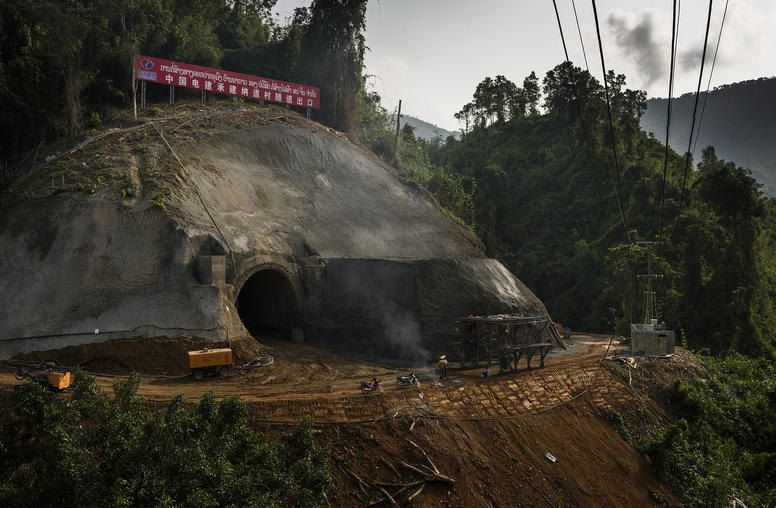
How Laos and Other ASEAN Countries Can Leverage U.S.-China Competition
Recent years have witnessed intensifying U.S.-China competition and tensions in both the political and economic spheres, particularly in areas related to technology, global supply chains, infrastructure connectivity, trade and finance. Southeast Asia has become the center of this strategic rivalry. In the region, the Association of Southeast Asia Nations (ASEAN) has positioned itself as the “central” actor in shaping the regional order and positively engaging with external powers. However, ASEAN’s centrality is increasingly challenged by these two major powers, who have deep and complex ties with Southeast Asia. While this competition poses challenges for ASEAN, there are also opportunities for countries like Laos and others in Southeast Asia to leverage in this tense geopolitical moment.
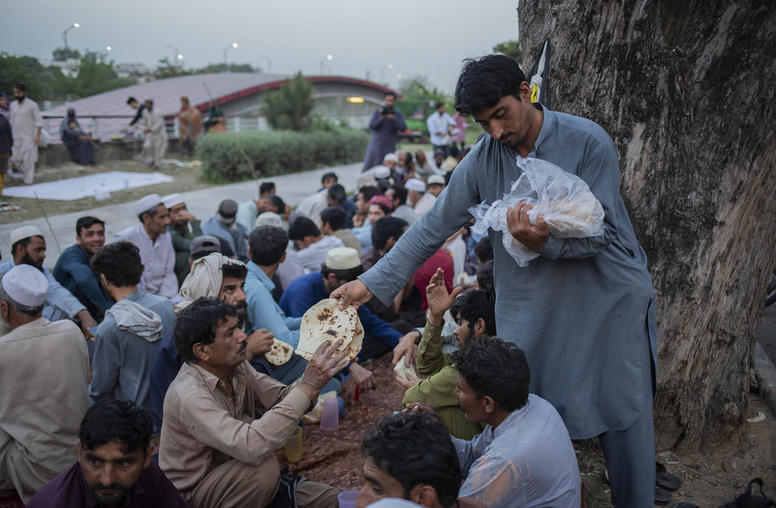
The Promise and Peril of Pakistan’s Economic Recovery Effort
In the first half of 2023, Pakistan appeared to be moving toward a catastrophic economic default. An IMF loan program Pakistan entered into in 2019 had gone off track after the Fund found Islamabad’s commitment to reform lacking, leading to a suspension of loan disbursements. The derailment of the IMF program resulted in a significant drop in the country’s foreign exchange reserves — at one point this year, reserves could only cover about two weeks' worth of imports due to concurrent debt repayment pressure. To avoid defaulting, the government imposed stringent import restrictions in an attempt to control dollar outflows. That caused a major economic shutdown of import-dependent industries, a shortage of essential commodities and surge in inflation.
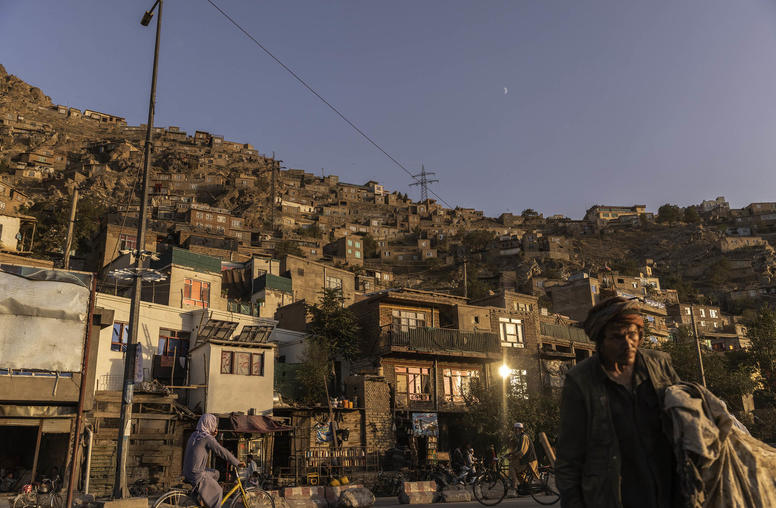
Two Years into Taliban Rule, New Shocks Weaken Afghan Economy
The Taliban have done a better job than expected in managing the Afghan economy despite some missteps. But nevertheless, the Afghan economy seems caught in a low-level equilibrium that leaves most Afghans poor, hungry and in need of humanitarian assistance. Moreover, new headwinds threaten to precipitate further economic decline, risking a repeat of the economic free-fall seen in the initial months following the August 2021 Taliban takeover. Much will depend on whether aid declines sharply or gradually, how seriously the opium ban is enforced for a second year during this fall’s planting season, and whether Taliban gender restrictions are tightened, maintained or weakened.
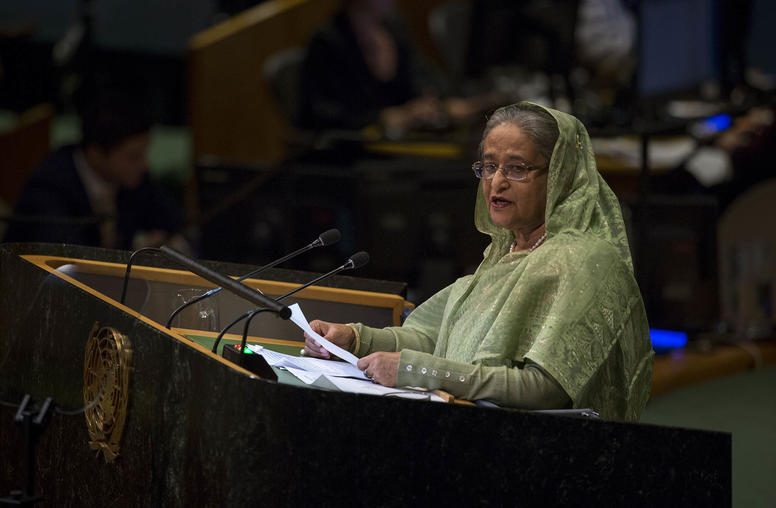
Bangladesh: Survey Reveals Premier Remains Popular Despite Growing Public Discontent
Political tension is rising in Bangladesh ahead of the country’s next round of national elections, due by January 2024. The opposition Bangladesh Nationalist Party (BNP) is boycotting elections to extract concessions from the government on election management; rampant inflation is increasing citizens’ daily struggles; and both the BNP and ruling Awami League (AL) are holding large rallies across the country to mobilize their supporters. Yet in this tumultuous political scenario, there is little publicly available polling to understand the state of race.